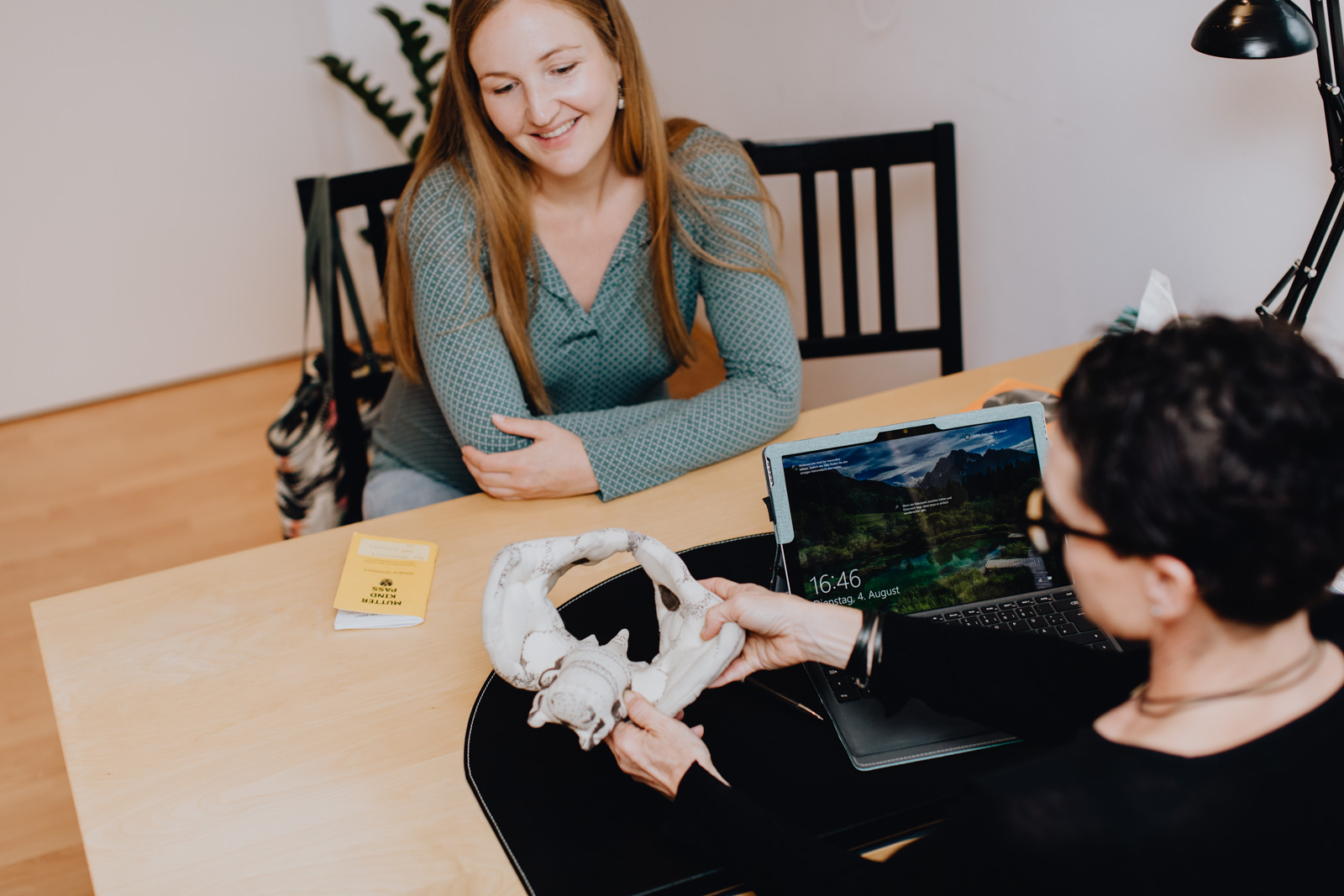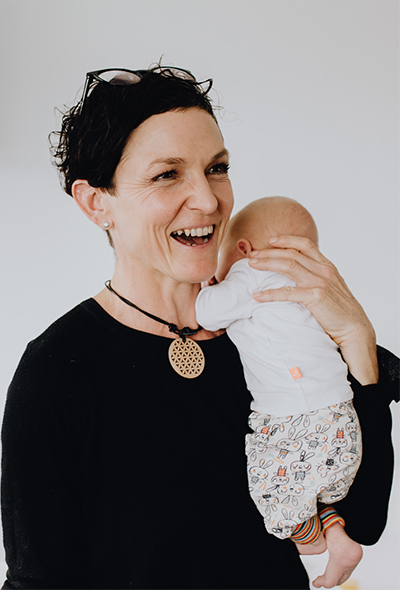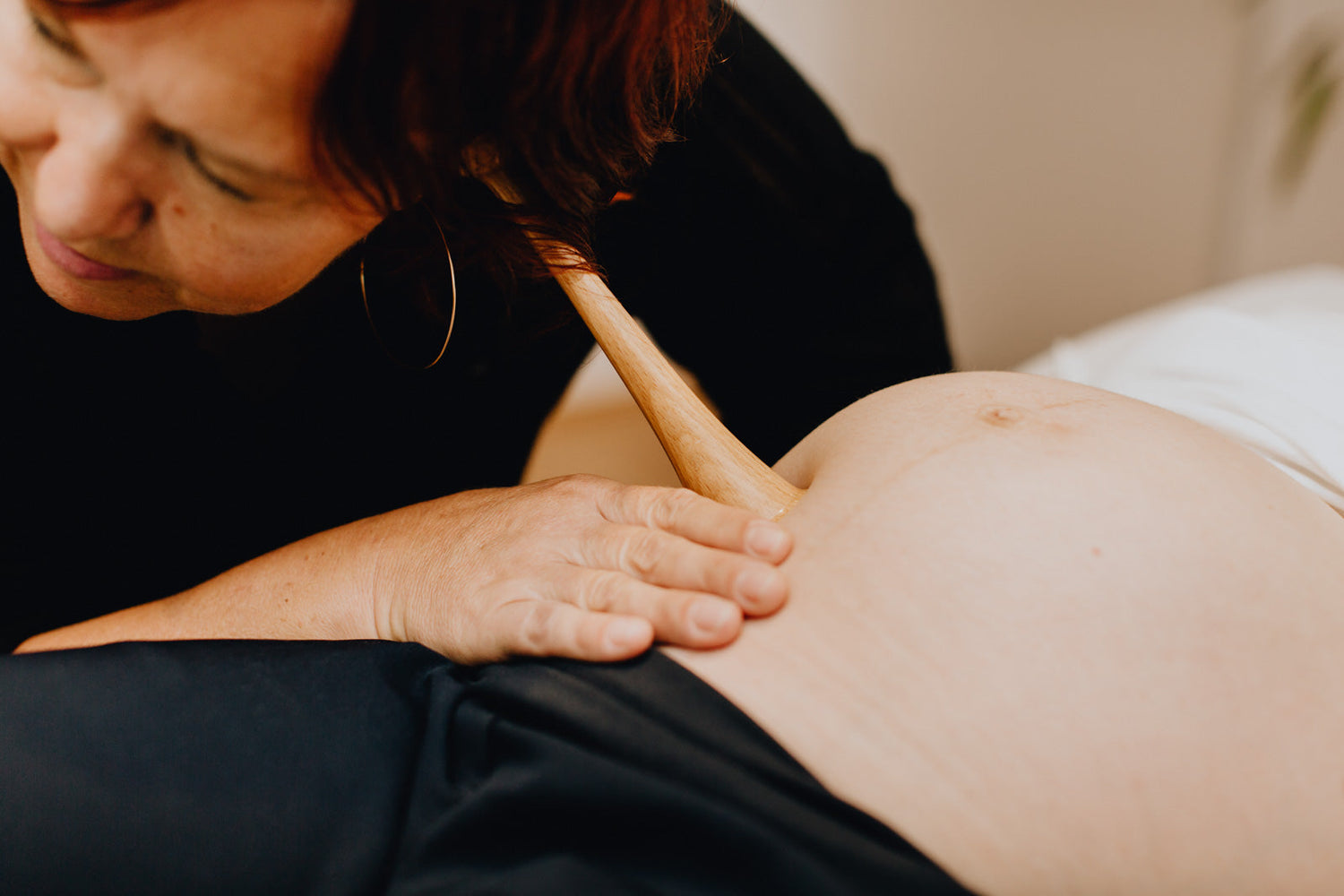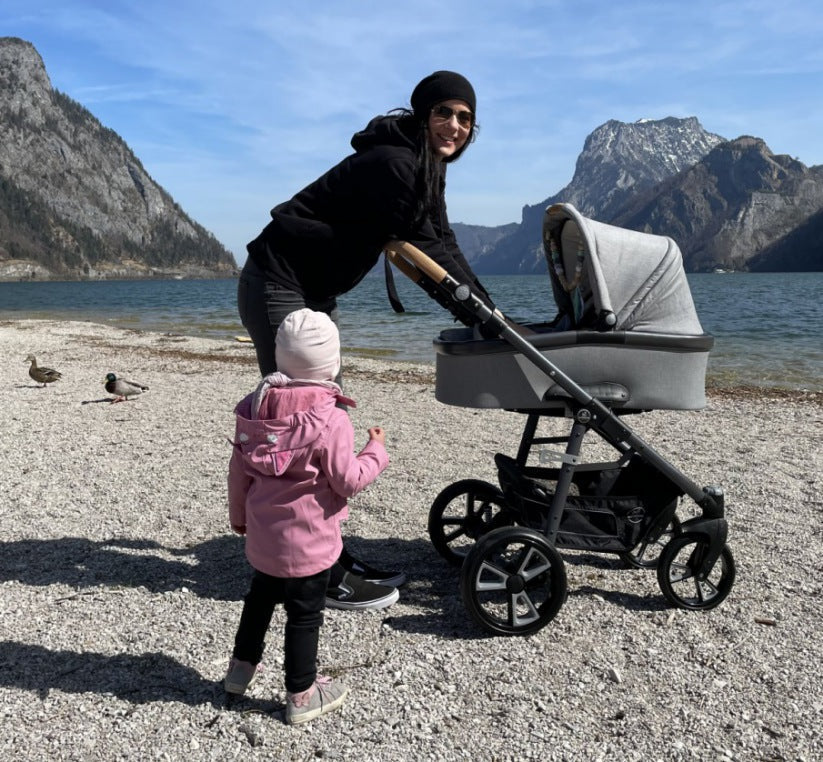On the occasion of International Midwifery Day on May 5th, I would like to tell you more about the profession of midwife. You may be wondering what this has to do with you - if you don't want to pursue this career path. The following information is particularly relevant for expectant parents, but is also interesting for all those people who would like to find out more about this important profession.
Midwives ensure that women remain physically healthy.
The birth of a child is not only an emotionally significant event in a woman's life. It is also, above all, a physical miracle that the female body can accomplish. However, we women (rightly) expect to emerge from childbirth as physically unscathed as possible and to recover quickly. We want to be able to use our bodies again as quickly as possible after the birth, including all of our female needs.
This is where the midwife's profession comes into play. In the course of their care, midwives ensure that the woman remains as physically and psychologically intact and happy as possible despite the strain and the numerous changes in her life.
In prenatal care, for example, we rely on sufficient and, above all, practical information about the upcoming event, but also about necessary preparations (e.g. participation in birth preparation courses, the opportunity to attend midwife consultations, etc.). Because comprehensive knowledge reduces potential fears among expectant parents and prevents them from making wrong decisions due to ignorance.

Only midwives are allowed to offer birth preparation
At this point I must point out that only a midwife can provide adequate knowledge about birth and the changes in the body in this situation. It requires a holistic view of all aspects of the topic. Unfortunately, birth preparation courses (the names of which differ from the professional courses in that they are called differently) are often offered that are not led by midwives. The parents-to-be cannot initially tell how reliable the information provided by the untrained person is and this is often only discovered during the birth - when it is already too late.
“The shortage of midwives is compensated by other professional groups who are not specifically trained.”
For this very reason, it is enshrined in law in Austria that BIRTH PREPARATION may only be carried out by a professionally trained midwife.
During birth, midwives also ensure that a normal birth is possible with their knowledge of the position of the child in the womb and the treatment of irregularities. A well-trained midwife - as is the case in Austria - works with the woman to minimize caesarean sections and vacuum extraction births and to reduce the use of painkillers. This ensures the best possible and healthiest birth for mother and child.

Even after birth, the care provided by midwives is irreplaceable.
The use of midwives in obstetric care, not only during birth in the delivery room but also in preventive and aftercare, leads to a massive reduction in health costs and contributes to the sustainable health of women.
Even in postpartum care, already within the first few days after the birth, but also during home visits to the new families, it is important to know what measures are available for recovery or for shaping the new everyday life!
It is therefore not uncommon for us to hear such praise during visits:
- “Your tips were so valuable that they have made our everyday life so much easier!”
- “So few other steps! Now you can breastfeed – even without a nipple shield!”
Appeal to politicians: Train more midwives!
My urgent appeal to politicians is therefore: We must train far more midwives than before! In Austria there are practically no midwives left on the 'independent' market, as they are 'used up' by hospital delivery rooms immediately after training. This means that there are no midwives left for essential areas such as postnatal wards or obstetric outpatient clinics. We also have a major shortage of aftercare outside of hospitals in Austria.
This is usually compensated for by other professional groups who are not specifically trained in this area. And parents, especially women, notice this too. The wealth of different information that they receive from the midwife during the postpartum visit makes it clear that midwives simply have a much more trained and comprehensive view of the topic than laypeople.
In Austria, we are fortunate that enough young women (and a few men) are interested in this profession. Unfortunately, the number of apprenticeships is so low that for every 350 applicants, there are only around 35 apprenticeships per year in Upper Austria. These numbers make no sense at all! It's a shame, because there are certainly many capable candidates for this profession, because:
Being a midwife is not just a job, it is a calling and we women must consider it worthy to receive midwifery care.







Leave a comment
All comments are moderated before being published.
This site is protected by hCaptcha and the hCaptcha Privacy Policy and Terms of Service apply.